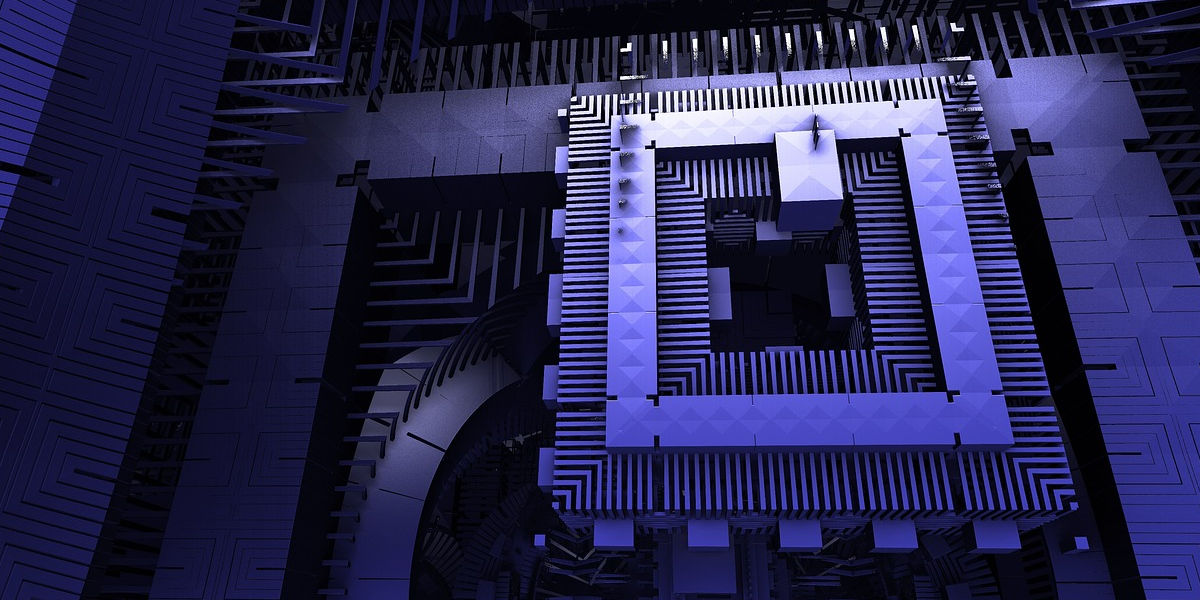In a world where data is gold, cryptography institutions and research centers globally are constantly searching for impregnable ways of securing information. Enter Quantum Cryptography -- a new approach towards securing data that promises unparalleled security levels. But what exactly are the Quantum Cryptography basics, how does the security of Quantum Cryptography compare to traditional methods and most importantly, can Quantum Cryptography be hacked?
Answering these questions does not only provide insight into the potential future of data security, but also reveals the challenges quantum cryptography must overcome.
The Quantum Cryptography Basics
Quantum Cryptography leverages the principles of quantum mechanics to encrypt and decrypt data. It operates on the premise that light particles, or photons, can transmit data in multiple states simultaneously. This phenomenon, known as superposition, is the cornerstone of quantum technology. Furthermore, according to Heisenberg's Uncertainty Principle, any attempt at intercepting or observing these quantum states will cause them to change, making the breach instantly detectable.
This inherently unique feature gives quantum cryptography an edge over traditional cryptography. The latter relies on mathematical algorithms to encrypt data, which can theoretically be solved or 'cracked' given enough computational power and time. On the other hand, the laws of quantum mechanics that govern quantum cryptography are inviolable, thereby offering an unprecedented layer of security.
Security of Quantum Cryptography
The security of quantum cryptography fundamentally rests on two tenets of quantum physics - superposition and entanglement. The first, superposition, allows quantum bits (or qubits) to be in multiple states at once, providing a vast combination of possibilities for data encryption. The second, entanglement, allows two quantum particles to be linked in such a way that changes to one particle will instantaneously affect the other, regardless of their spatial separation.
These concepts translate to advanced communication where the key distribution is inherently secure. The Quantum key distribution (QKD) protocols ensure that any attempt at eavesdropping is instantly detected and the compromised keys discarded. Therefore, the data transmitted over a quantum network is considered to be profoundly secure, theoretically immune to all conventional forms of hacking.
Advancement in Quantum Cryptography
Quantum cryptography, or quantum key distribution, is a revolutionary technology that utilizes quantum mechanics to shield information from prying eyes. It's a process that's rooted in the peculiar laws of quantum physics, allowing information to be transferred with utmost security. It operates on the principle that quantum information cannot be measured without disturbing it; hence, any attempt at eavesdropping can be detected and prevented.
Over the years, scientists have developed quantum cryptography models that are believed to be unbreakable. Algorithms such as BB84, E91, and many more provide a foolproof method of encrypting sensitive information, delivering it securely, and notifying the users if an intruder attempts to break into the communication.
This significant leap in cryptographic technology opens up plenty of opportunities, especially in sectors that handle sensitive data like banking and defense. Quantum cryptography could potentially safeguard the digital world from the multitude of threats it faces daily, offering a greater sense of security.
Challenges of Quantum Cryptography
However, the development and application of quantum cryptography aren’t free of challenges. There are technological and practical hurdles that scientists and developers need to overcome.
The biggest obstacle is the need for specialized hardware that can generate, transmit, and detect quantum states. Quantum cryptography depends on single photons to transmit data - a technological capability not readily available or affordable. Strides have been made in this area, but it's still far from mass-market adoption.
Furthermore, quantum cryptography is currently limited to point-to-point communications over dedicated fiber-optic networks. It's not viable for mobile communications or existing Internet architecture. Additionally, the quantum keys are not capable of encrypting large data chunks but are only used for session keys in symmetric cryptography, limiting their applicability.
Promise of Quantum Cryptography
Despite these challenges, the potential benefits of quantum cryptography cannot be ignored. A world where cyber threats are effectively mitigated with the application of quantum cryptography is not just a pipe dream but a strong possibility. Quantum technologies, including cryptography, stand at the forefront of modern technology, with the potential to revolutionize how we perceive and manage data security.
As technology continues to evolve, quantum cryptography could become an integral part of global systems, capable of ensuring secure communications in a world increasingly reliant on digital data.
With each breakthrough in quantum cryptography, we step closer to achieving the seemingly impossible: unbreakable codes. This revolutionary technology promises a more secure digital future, and although it may take a while to overcome the underlying challenges, the journey towards that future has surely begun.




